
Starting from mid-August, if you visit Phuket and go to the various shrines around the city, you will notice ceremonies being held with offerings that include red turtle-shaped pastries. This ritual is unique to Phuket and has been traditionally practiced by the local Chinese community during the Ghost Festival. This tradition is called ‘Poh Tor,’ and in 2024, it is held from August 16 to September 2, 2024.
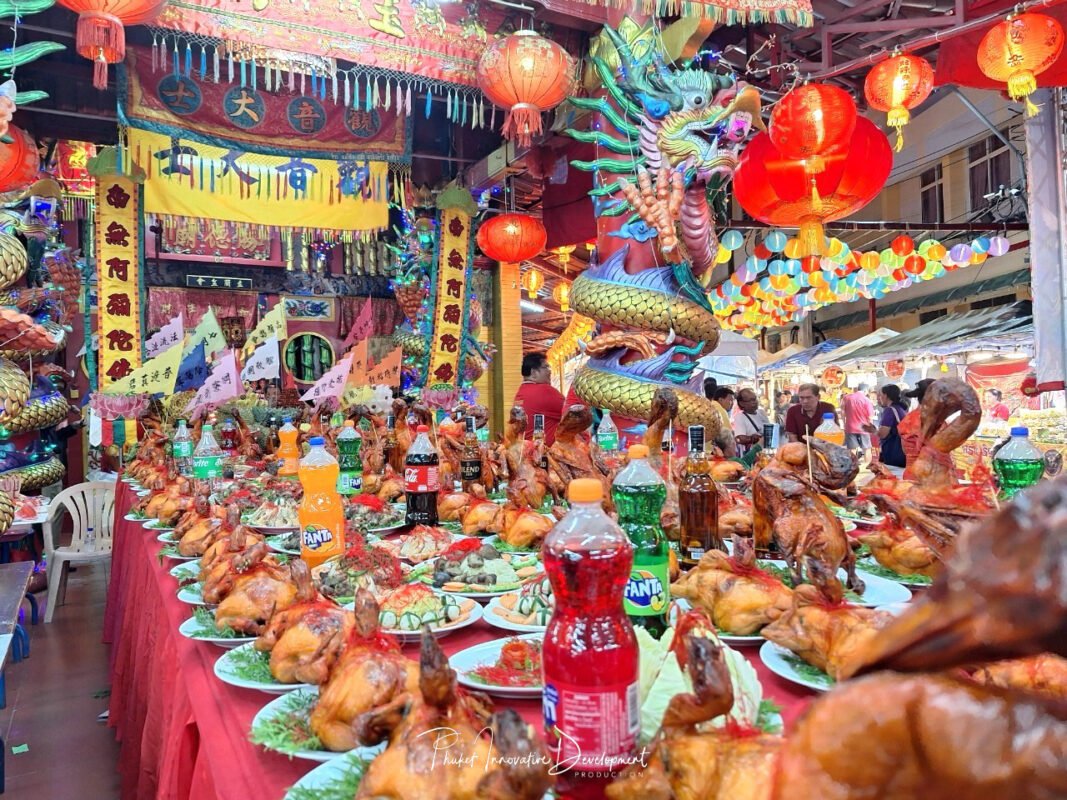
“Paw Tor” is an ancient offering ceremony held in the seventh month of the Chinese lunar calendar. It is believed that this is the time when the gates of the underworld open, allowing spirits to return and receive offerings from their descendants on Earth.
The “Paw Tor” tradition has cultural roots in India, originating from beliefs about the afterlife and the practice of making merit for the “Petachon” (hungry ghosts) during the “Shraddha” or “Sart” ceremony of Brahmins and Buddhists. When Buddhism spread to China, various scriptures, especially the Mahayana “Ullambana Sutra,” which tells of the great merit-making to save the mother of Maudgalyayana from the depths of hell, and the “Yoga Tantra Agnishwalamukhapretapalyogakarma,” or the sutra on dedicating merit to hungry ghosts and forlorn spirits, became influential in Chinese society.

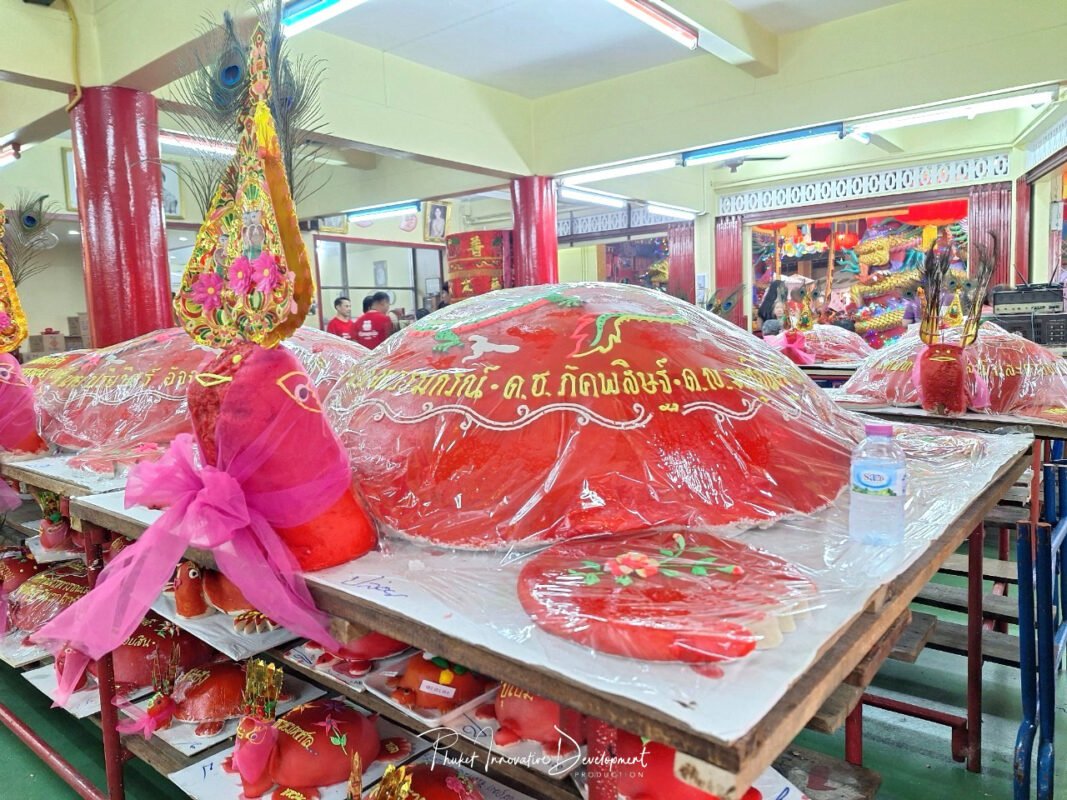
When Buddhist traditions from India blended with the rituals of ancestor worship and offerings to forlorn spirits during the seventh month of the lunar calendar in Chinese culture, it became the “Sart Chin,” or the seventh-month Ghost Festival, an important event for Southern Chinese communities, especially among the Cantonese, Teochew, Hainanese, and Hokkien. This festival is known as “Ulambana Seng Hui” or “Paw Tor Chong Seng,” meaning the activity of liberating all sentient beings from suffering.
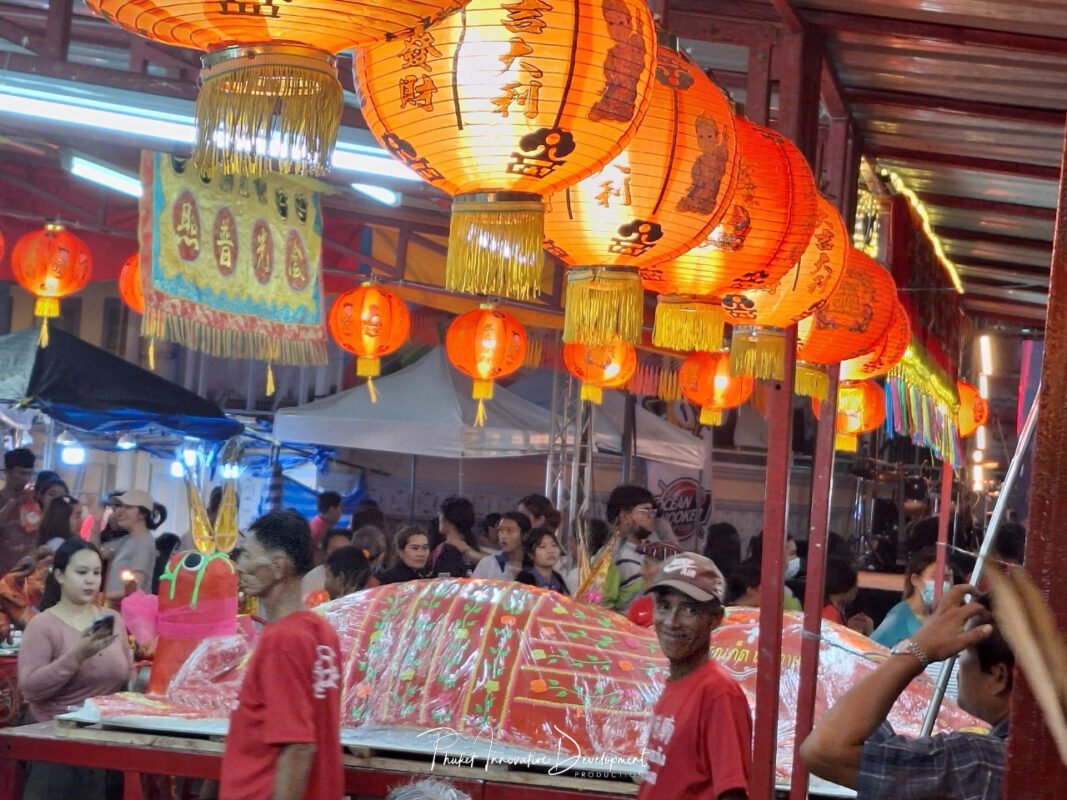
Thus, when the Hokkien Chinese came to Phuket, the “Sart Chin” or “Paw Tor” tradition became an important practice for the Chinese descendants in Phuket, just as it is for the Chinese diaspora in other regions. This tradition is considered a time for remembrance and expressing gratitude to ancestors and fellow Chinese who traveled overseas and passed away far from their homeland, some of whom have no descendants to make merit for them.
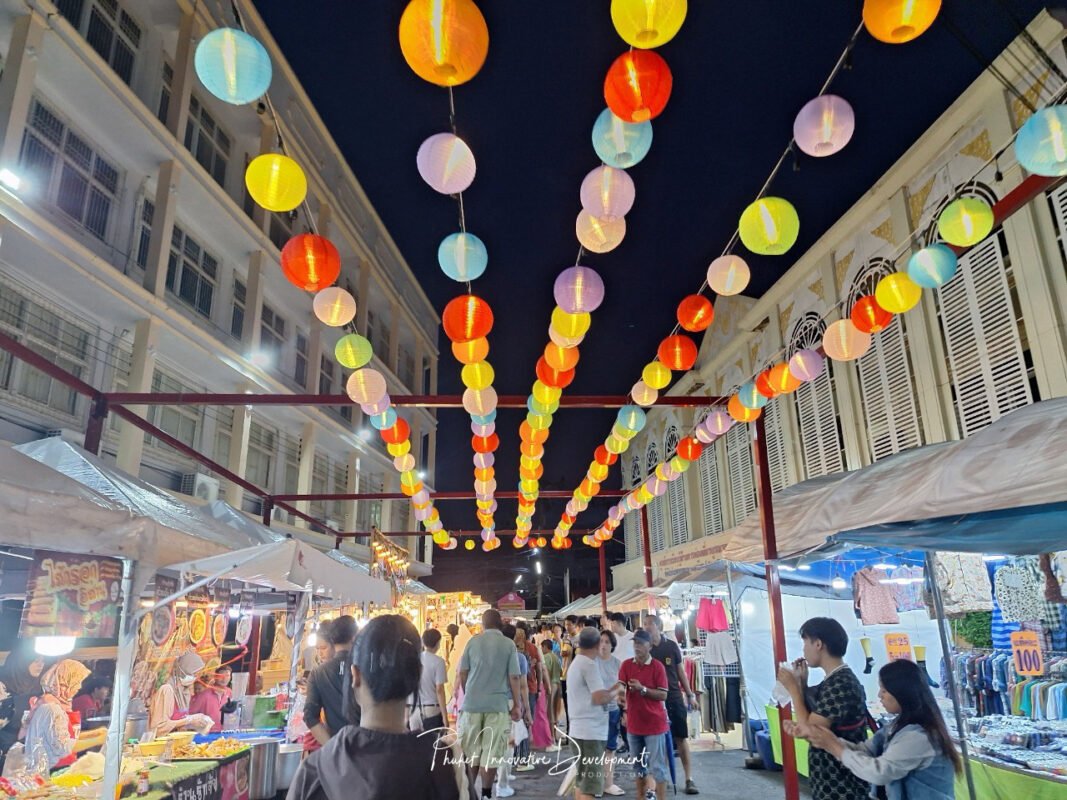

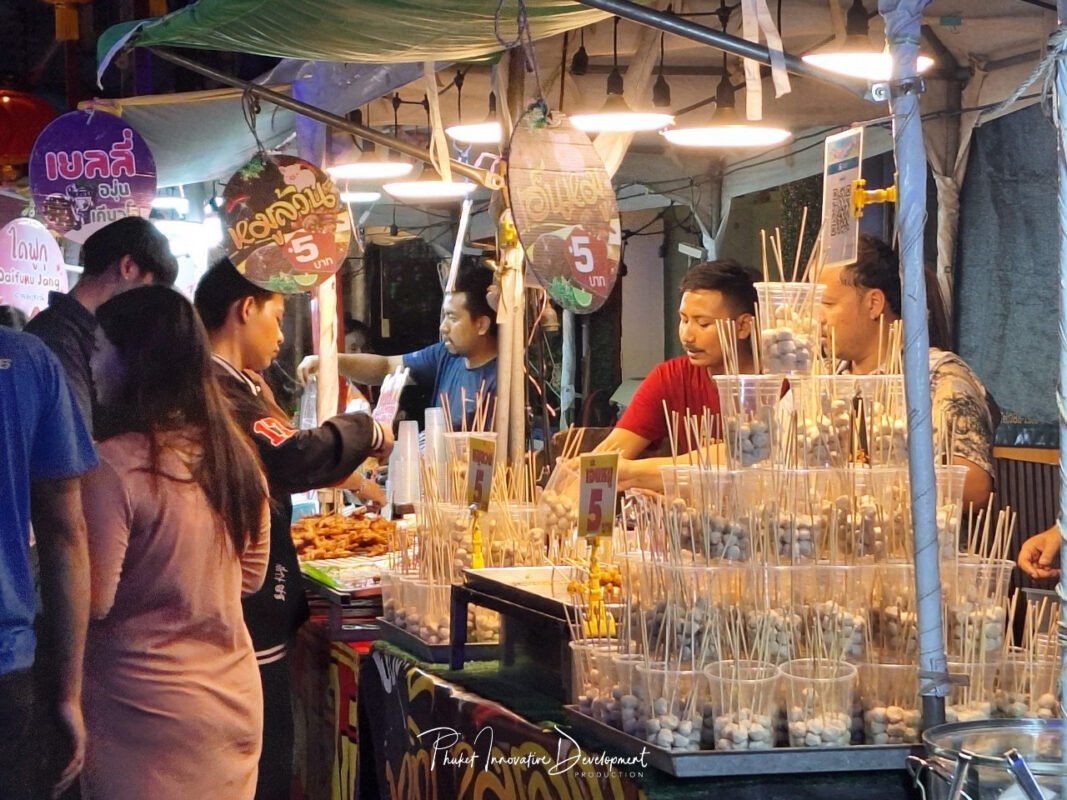
Today, the people of Phuket still observe the seventh month of the Chinese calendar, which corresponds to August-September each year, by performing offerings to forlorn spirits. These offerings are similar to those made during the Chinese New Year, such as meals and various foods, but what sets this festival apart is the red turtle-shaped pastry known as “Ang Ku” or “Tua Ku,” made from glutinous rice flour or wheat flour fermented with syrup. This pastry is an indispensable symbol in the Paw Tor tradition. During the ceremony, the “Paw Tor Kong” is always invited to preside over the rituals, and offering the red turtle pastry to this deity is believed to grant longevity, as the turtle is a symbol of long life.
If you visit Phuket during the Paw Tor festival, don’t forget to visit the shrines, learn about the red turtle worship tradition, and have a memorable experience of a lifetime.
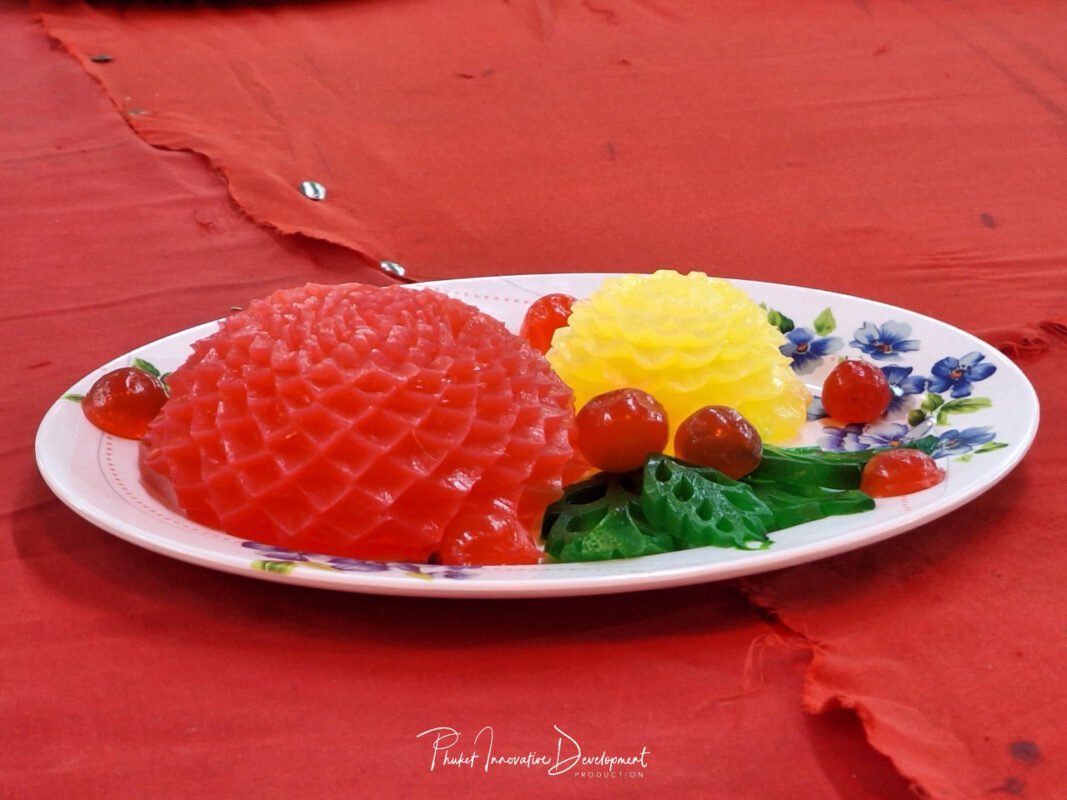
Source: Museum Thailand
